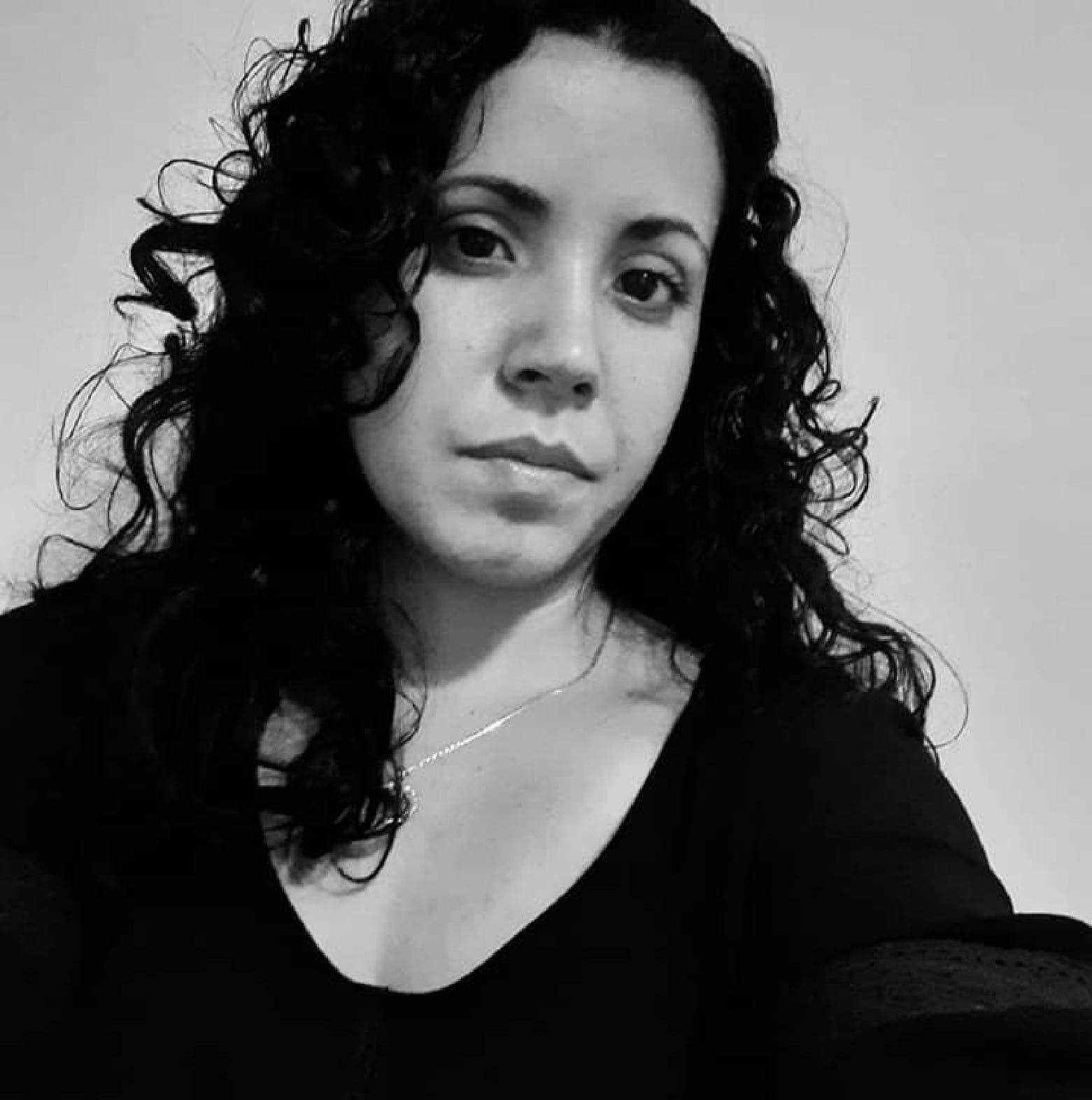
Cuban journalist Camila Acosta has had to move 10 times, between March and October, replace her cell phone three times and has been detained up to four times.
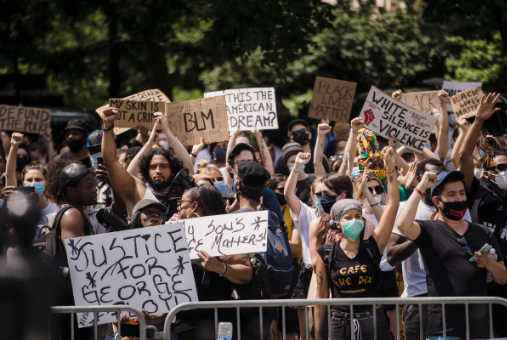
In recent months, headlines in media outlets from Cuba to Brazil highlight the murders of Black and Indigenous men and youth, placing them in the context of a notorious case that had global repercussions.
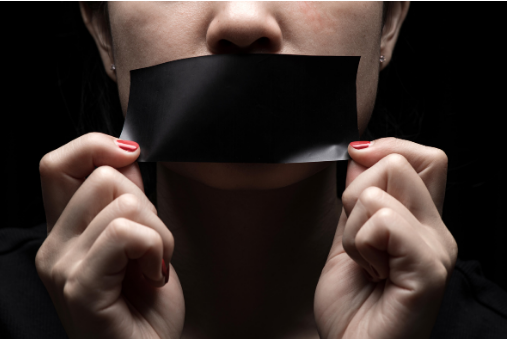
Between January and June of 2020, Voces del Sur, a Latin American initiative, registered 630 aggressions against the press in the region. These went on the rise or worsened after governments issued a health emergency.
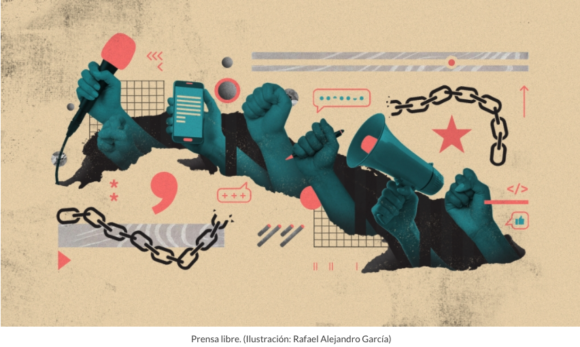
The independent press also urged the government, for the first time, according to 14yMedio, for the repeal of laws that infringe on the right to freedom of expression and the legalization of independent media.
A new decree by the Cuban government regarding internet on the island has raised criticism from independent media and citizens on social networks who point to the risks that the rules could be used to undermine freedom of expression and access to information in the country.

An independent report found that news shows offered on U.S. government-funded Radio Televisión Martí, which produces news for and about Cuba, were “peppered with bad journalism” as well as being “ineffective propaganda.”

During the research panel “Digital media and democracy in the Americas” at the International Symposium on Online Journalism (ISOJ) on April 12, three scholars shared their research and unveiled the limits of journalism in holding the powerful accountable across in Uruguay, Cuba and Chile.
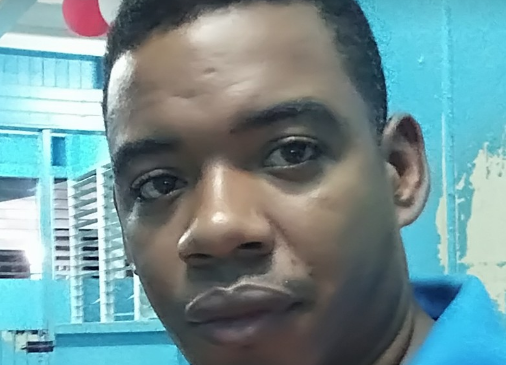
After an almost four-hour hearing, a judge in the state of Texas, U.S., granted asylum to Cuban journalist Serafín Morán Santiago, who had been detained since last April, according to the freedom of the press organization Fundamedios USA.
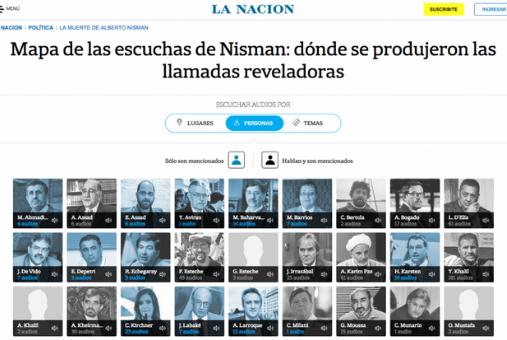
Latin American newsrooms won four big honors at the 2018 Online Journalism Awards, prestigious prizes recognizing excellent digital journalism.

A Texas immigration judge denied bail to Cuban journalist Serafín Morán Santiago, who has been in a detention center in that state since April 12 when he arrived in U.S. territory, according to the organization Fundamedios US.
Press freedom organizations are calling attention to the case of independent Cuban journalist Serafín Morán Santiago who was detained in the U.S. after arriving to seek asylum in the country.
Since Miguel Díaz-Canel became President of Cuba in April 2018, “repression against journalists is greater,” José Antonio Fornaris, president of Cuba’s Pro Press Freedom Association (APLP, for its initials in Spanish), told the Knight Center.